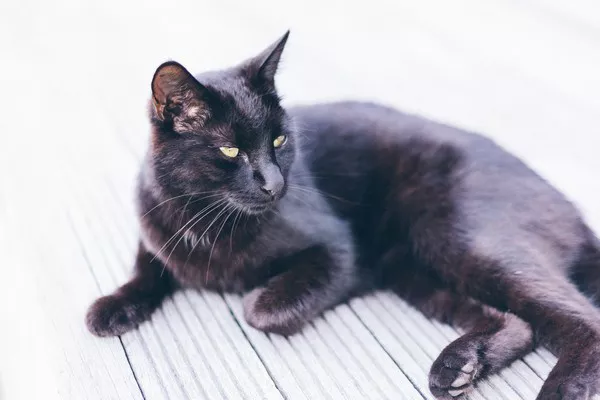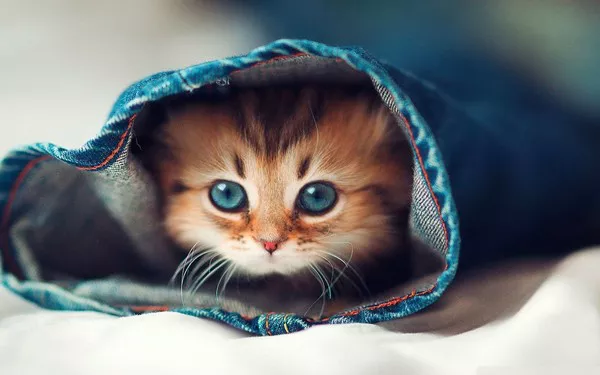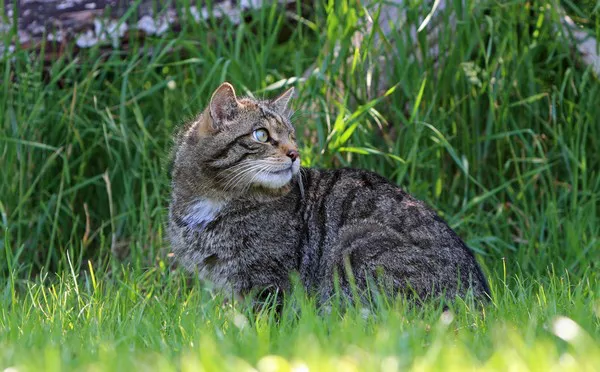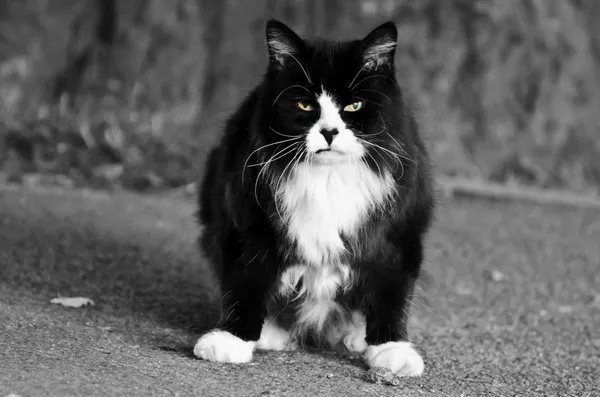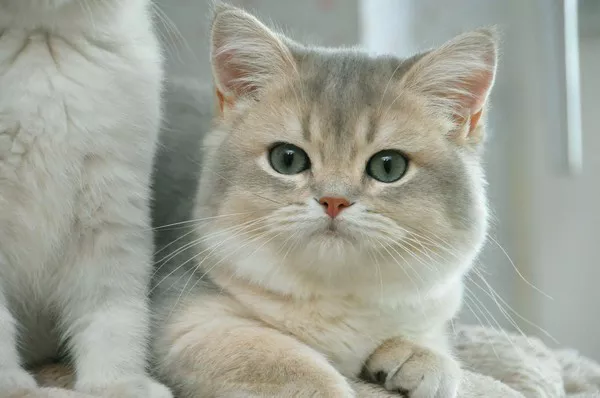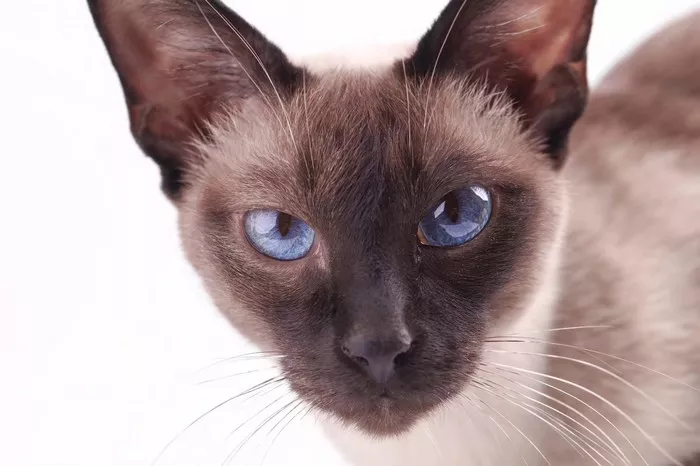Bombay cats, known for their sleek black coats and striking copper or gold eyes, are a unique and elegant feline breed that captures the hearts of cat enthusiasts. As dedicated cat owners seek to provide the best care for their Bombay companions, one question often arises: Are Bombay cats picky eaters? In this comprehensive exploration, we delve into the culinary preferences of Bombay cats, examining their dietary needs, common eating behaviors, and practical tips for ensuring a well-balanced and satisfying diet.
Understanding the Bombay Cat:
Before delving into their eating habits, let’s familiarize ourselves with the Bombay cat breed. These cats are often referred to as “miniature panthers” due to their sleek, black coats and captivating eyes. Originating in the United States, the Bombay cat is a product of careful breeding that aimed to replicate the appearance of a panther in a domestic feline companion. Known for their affectionate nature, intelligence, and stunning aesthetics, Bombay cats make wonderful additions to households seeking a loving and visually striking pet.
Dietary Needs of Bombay Cats:
Like all cats, Bombay cats have specific dietary requirements to ensure optimal health and well-being. Understanding their nutritional needs is crucial for providing a balanced and satisfying diet. Key components of a Bombay cat’s diet include:
Protein:
Bombay cats, like many feline breeds, are obligate carnivores. This means that a significant portion of their diet should consist of high-quality animal protein. Look for cat food that lists meat, poultry, or fish as the primary ingredient.
Fat:
Healthy fats are essential for a cat’s energy and overall health. Fat sources in cat food can include animal fats and oils. Ensure that the chosen cat food provides a moderate amount of fat for a well-rounded diet.
Carbohydrates:
While cats don’t have a strict requirement for carbohydrates, a small amount of complex carbohydrates can be included in their diet. Look for cat foods that incorporate sources like vegetables and grains.
Vitamins and Minerals:
A complete and balanced cat food should contain essential vitamins and minerals, including taurine, which is vital for a cat’s heart health. It’s essential to choose cat food formulated to meet the nutritional standards set by relevant authorities.
Are Bombay Cats Picky Eaters?
The perception of cats as picky eaters is not exclusive to any particular breed, including Bombays. However, individual preferences and behaviors can vary among cats. Some factors that may contribute to the perception of Bombay cats as picky eaters include:
Sensory Preferences:
Cats rely heavily on their sense of taste and smell. Bombay cats, with their distinct personalities, may have preferences for certain flavors or textures. Offering a variety of cat foods can help cater to their sensory preferences.
Food Temperature:
Like many cats, Bombays may prefer their food at a specific temperature. Some cats may enjoy room temperature food, while others may prefer it slightly warmed. Experimenting with the serving temperature can reveal your cat’s preference.
Texture Preferences:
The texture of cat food can influence a Bombay cat’s eating habits. Some cats may prefer wet or canned food, while others may favor dry kibble. Providing a mix of textures can help determine your cat’s preferences.
Practical Tips for Feeding Bombay Cats:
Quality Cat Food:
Invest in high-quality cat food that meets the nutritional needs of Bombay cats. Look for brands that use real meat as the primary ingredient and avoid fillers or artificial additives.
Variety in Flavors:
Introduce variety into your cat’s diet by offering different flavors of cat food. This can help cater to their sensory preferences and prevent boredom with a monotonous diet.
Scheduled Feeding Times:
Establish a consistent feeding schedule for your Bombay cat. Cats often appreciate routine, and scheduled feeding times contribute to a stable and predictable environment.
Hydration:
Ensure your cat has access to fresh water at all times. Hydration is essential for overall health, and some cats may prefer moist food to help meet their water intake needs.
Monitor Body Condition:
Regularly monitor your Bombay cat’s body condition and adjust their diet accordingly. If weight gain or loss is observed, consult with a veterinarian to determine the appropriate course of action.
Consult with a Veterinarian:
If concerns about your Bombay cat’s eating habits persist, or if there are sudden changes in appetite or behavior, consult with a veterinarian. Professional guidance can help rule out underlying health issues.
Conclusion:
While the perception of Bombay cats as picky eaters may stem from their unique personalities and sensory preferences, it’s essential to approach their dietary needs with care and attention. By providing high-quality cat food, offering variety in flavors and textures, and maintaining a consistent feeding schedule, cat owners can ensure that their Bombay companions receive a nutritionally balanced and satisfying diet. Remember, each cat is an individual, and understanding their specific preferences contributes to a harmonious and healthy relationship between Bombay cats and their devoted owners.

